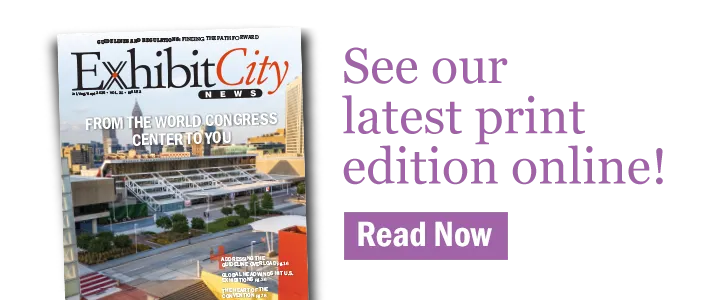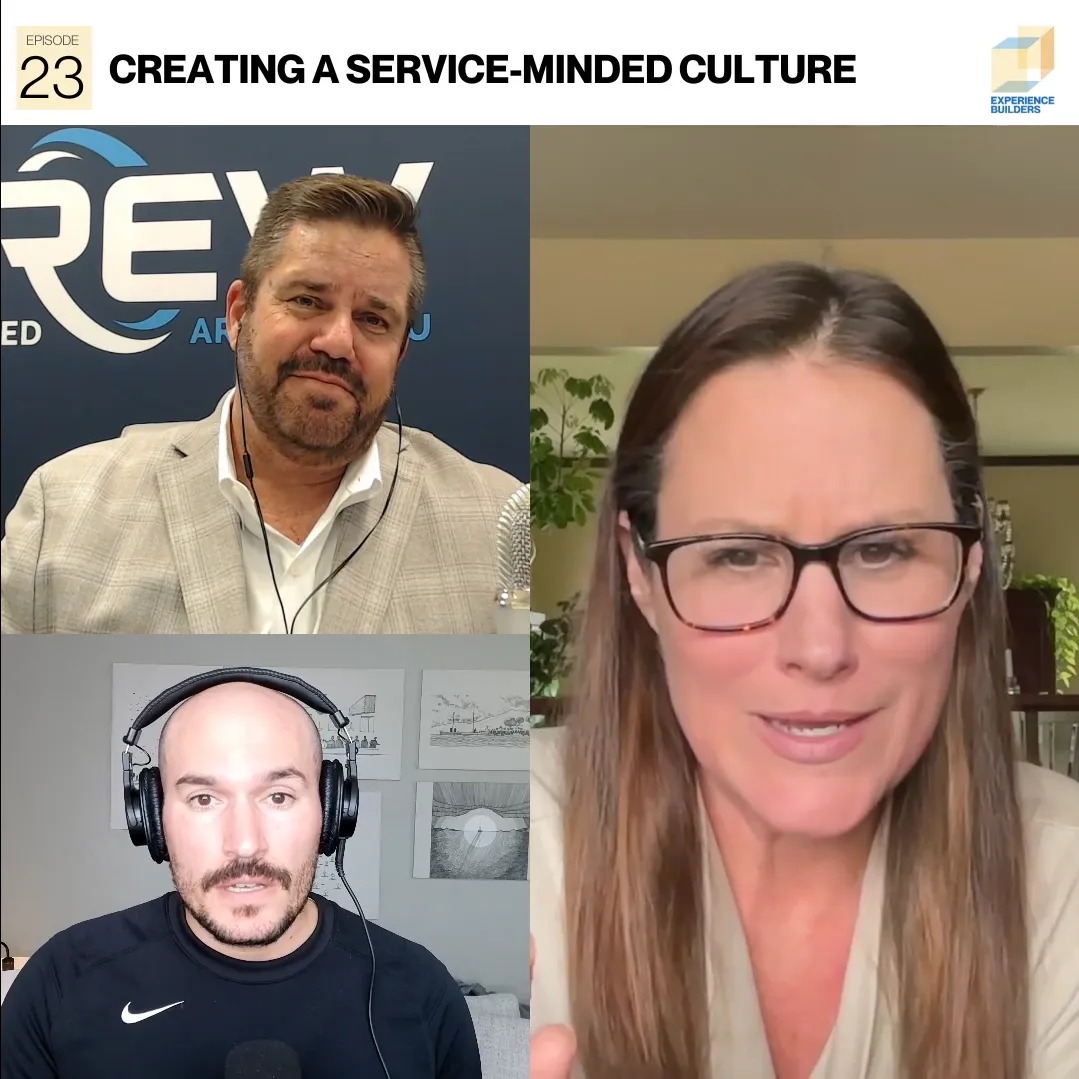Hello Class, March is always an exciting month with many of us converging on Las Vegas to attend the EXHIBITOR Show. For someone who lives and breathes tradeshows all year long, a tradeshow about tradeshows provides the ultimate tradeshow high. Since many of us will be busy with the show, I figured I’ll pick a topic that, for most of you, is not going to result in a lot of homework!
Today, we are talking about “outsourcing your tradeshow program.” Since I am the TradeShow Teacher, you probably know my company is mainly focused on teaching companies to be more successful at shows. Less known is that we also have a technology group that develops custom tradeshow applications and a regular consulting team that helps companies fill in the gaps they need filled, usually in a hurry. What inspired me to bring this topic up is a growing number of requests to “take over” a company’s tradeshow program from A to Z. Requests to research shows, manage logistics or help with implementing a lead follow-up process are common.
But at of the writing of this column, I had come across three requests to do it all just this year. This is a tough proposition since it requires an unusual amount of subject matter expertise to be able to do this. I am fortunate to have expert teams for IT/Communications and BioTech, but one of those companies we couldn’t help, I couldn’t even think of a competitor to refer them to.
If you think your company is getting overwhelmed by all the tasks surrounding your exhibit program, outsourcing parts of it is certainly worth consideration, but there are many pitfalls to watch out for.
Ultimately any reason to do this boils down to some flavor of lack of resources. This can be a simple lack of man-power, or missing experience in a certain area, or the need to do multiple events simultaneously. The only exception to that is simple frustration with an existing program or its results. Most of the time, complete outsourcing requests come from high-growth industries.
As always, there are pros and cons to consider.
Show Selection
Selecting the right show(s) can be a very tedious process. All too often companies select shows based on “it sounds like a good idea” rather than hard facts. In order to outsource this, you need to have a clear understanding of who your target audience is and what your goals are.
Staffing
Sometimes, you simply run out of bodies to put on a show floor. Usually, you can’t hire booth staffers and expect them to learn intricate details about your products, so the best option is to have them direct traffic, complete lead collection and similar tasks that don’t require too much product knowledge. Not having any of your own staff at a show is usually a waste of money.
Logistics
Managing the logistics is an area that gets outsourced quite frequently. In-house knowledge about shipping, union and local regulations, dealing with the exhibitor kit etc. are not necessarily skills you need in-house. Especially when you start exhibiting in other countries, outside help is probably a good idea.
Display Selection and Production
Getting expert help in selecting your display is usually a good idea. Most display companies will provide that expertise free as part of the bidding process. Get a couple of vendors to bid on your projects and you get a nice collection of third-party input. Outsourcing the actual production of the display is usually a no-brainer.
Booth Staff Training and Booth processes
Needless to say, I consider both vital parts of a successful show, and at the very least, in the beginning, outside help can teach many things you wouldn’t necessarily think of.
Leads Management
Usually something that I recommend to do in-house if at all possible; it requires coordination and cooperation with other departments that is very hard to achieve for an outsider.
Networking and PR
This should probably be two separate bullet points, but I put them into one because it is a good example of fairly similar activities, where one is quite frequently outsourced and the other equally frequently ignored. I can’t say it often enough, there is so much more to a successful trade show than having a display with warm bodies. Many of my clients get more deals done during networking events than at the show floor. An outside consultant can certainly help get the right strategy in place.
For some companies, the points above are not enough; they look at outsourcing more than that. It’s not uncommon for a consultant to select and execute show specific marketing campaigns, but there have been cases where trade show consulting has morphed into complete business consulting, ending up in anything from positioning a client’s product to, at least temporarily, running their entire marketing program.
If you are looking to outsource parts, or even your entire show program, there are a couple of things you should do. First of all, make a list of what you expect the third party to do and what parts you want to keep in house. Sometimes a consultant can help with that, too. Once you know what you need, you have to find a company that has the necessary expertise. Especially if industry specific experience is required, this can make or break your show success. And lastly, select a vendor that you think can work with whatever your work style is. Be honest with your prospective vendors, if you are disorganized and are lacking key components of your sales or marketing strategy, don’t cover it up and pretend otherwise. Treat your tradeshow consults like your doctor or attorney; if you hide critical information, you will not get the results you are hoping for. And that is what we all want, successful shows! And now it’s time for a successful EXHIBITOR Show. Hope to see you in Vegas!
About Linda Musgrove, the TradeShow Teacher
Linda Musgrove is President of the Trade Show Training firm, TradeShow Teacher. She focuses on teaching companies to significantly improve TradeShow Results through strategic, customized Trade Show Training for individuals, departments or entire teams. Training options include phone consulting, webinars, seminars and one-on-one in person coaching. Musgrove authored “The Complete Idiots Guide to TradeShows,” published by Alpha Books/Penguin Publishing. Learn more at http://www.tsteacher.com and sign up for the FREE monthly Trade Show Tactics newsletter. Follow on Twitter at: http://twitter.com/tsteacher .
| Home |
| People on the Move |
| National News |
| International News |
| Opinions |
| Tradeshow Calendar |



























